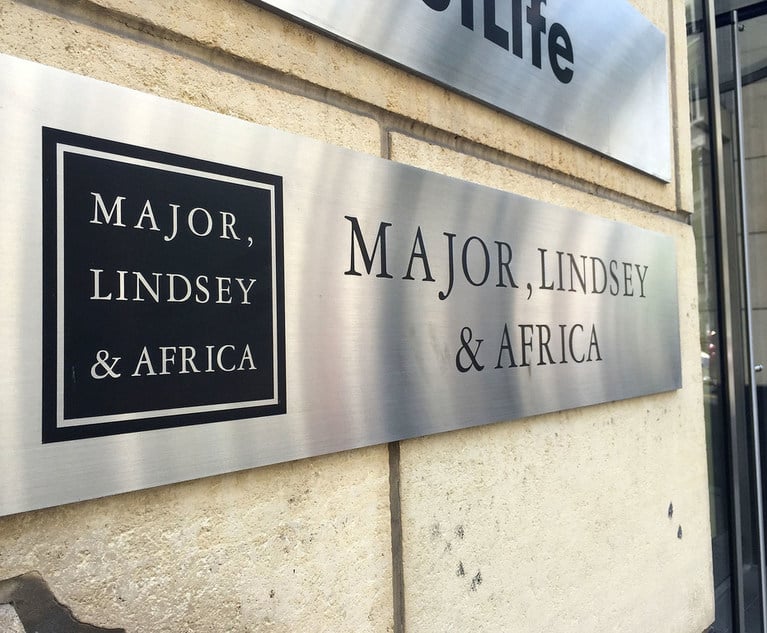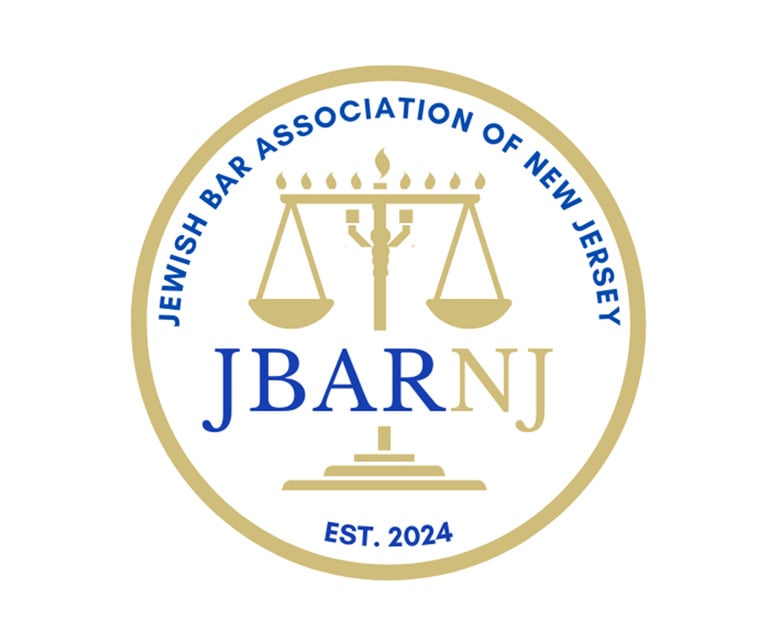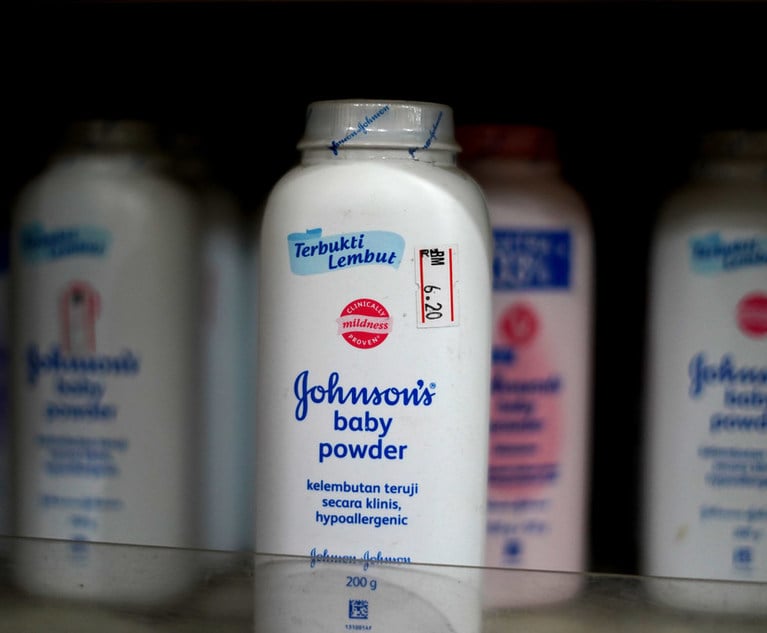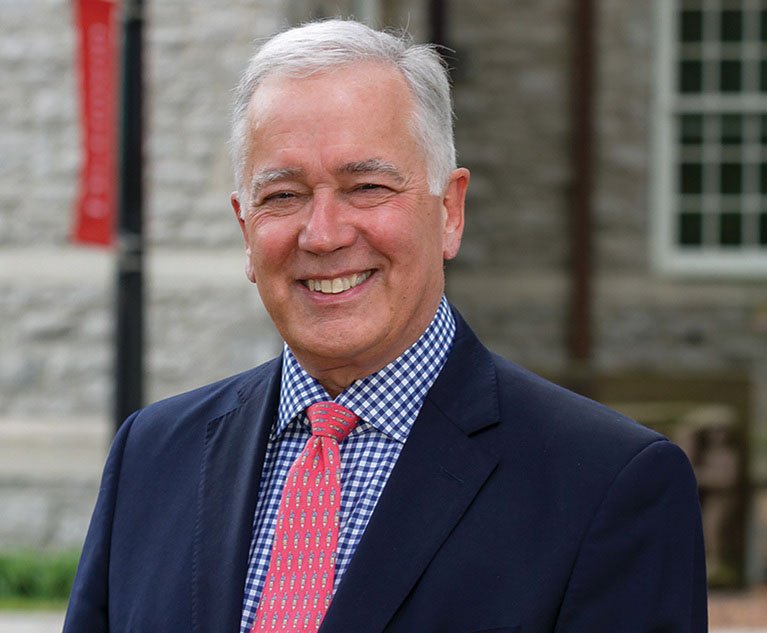As LGBTQ rights advocates celebrated Monday’s landmark ruling from the U.S. Supreme Court, making it a violation of Title VII to fire someone for being gay or transgender, some in New Jersey might have wondered about the decision’s local impact.
The decision will have the greatest impact in roughly half of the states in the United States—those that provided no legal protections to gays, lesbians and transgender persons. But in New Jersey, where state law bars discrimination against gays, lesbians and transgender people, the court’s decision will have a more subtle impact.


 The scene outside the U.S. Supreme Court during the same-sex marriage arguments.
The scene outside the U.S. Supreme Court during the same-sex marriage arguments.





